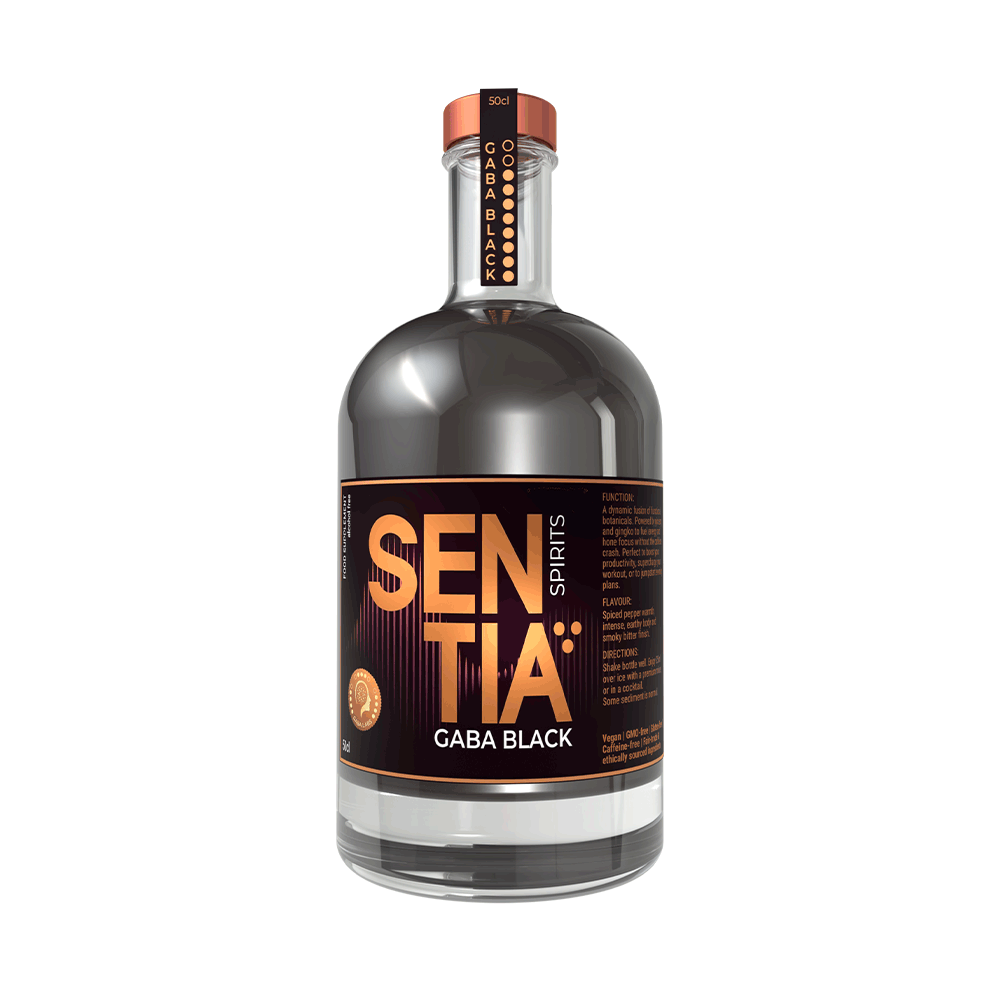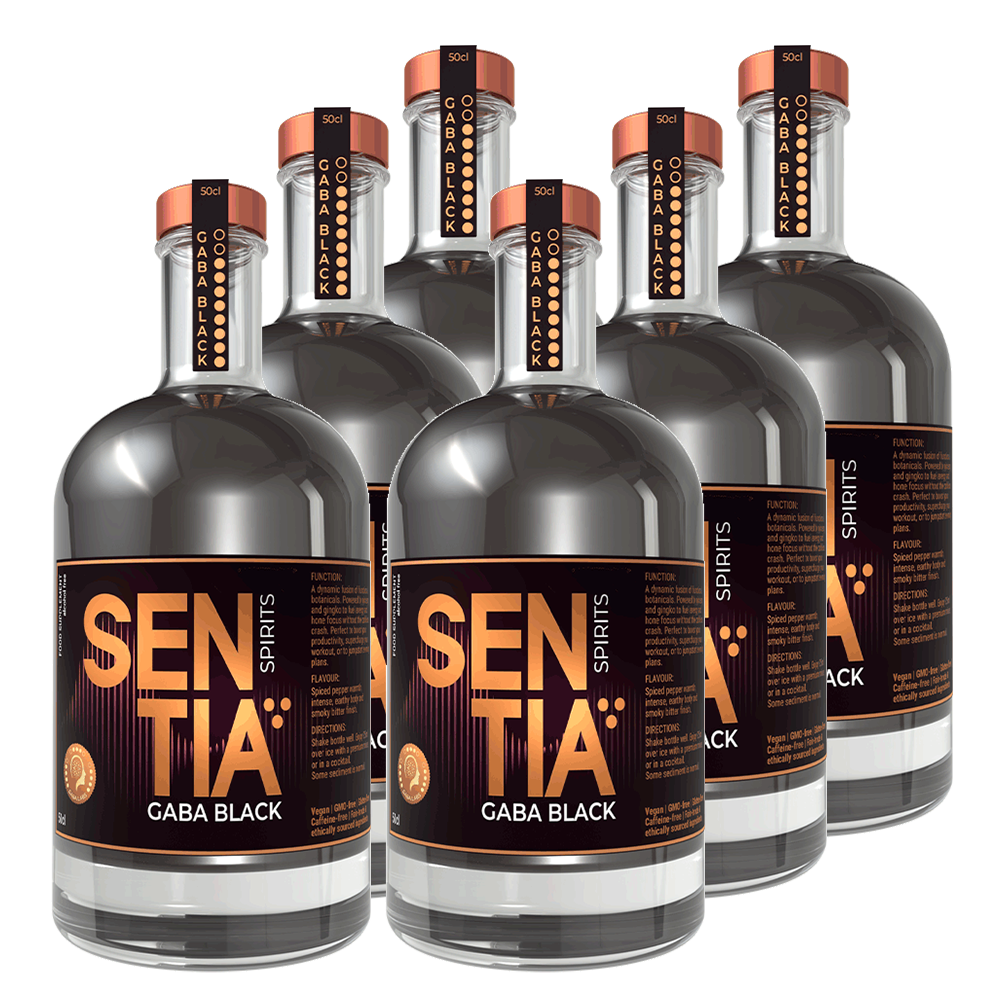
The Neuroscience of Friendship: How Our Brains Reward Us for Social Connection
Here at Sentia, we’re keen on understanding the science of sociability. It’s sort of our raison d'être. As a social species it really helps to have friends, but how do our brains lay the groundwork for making—and keeping—friends? Why do we get on with some people, where others make our skin crawl or feel not much at all? Let’s have a poke around in our grey matter and see what we can find.
The Foundation of Friendship: Qualities of a Good Friend
So, what makes a good friend? Whether on an evolutionary level, or just a plain common sense one, support and solidarity is the key. Supportive friendships play a vital role in our lives. They’re crucial safety nets when it comes to our mental health. Not just a source of joy, friendships serve as a buffer against the adverse effects of challenging experiences, like peer victimisation and internalising behaviours, offering a unique form of emotional armour—it’s far better to talk it out than ruminate on a problem with only your brain for company. Good friends are good listeners.
The Neurological Rewards of Friendship
But how does friendship manifest in the brain? It’s all about reward pathways. In neuroscience, rewards are stimuli of positive reinforcement. These rewards can range from basic pleasures like eating a favourite snack to more complex social interactions, such as spending quality time with friends. Essentially, if an action makes us feel good, our brain is likely to encourage that behaviour in the future.
But how does the brain distinguish between the pleasure derived from eating a piece of chocolate and that of hanging out with a friend? To answer this, a groundbreaking fMRI study looked at a real life social network, in this case, university students in a orchestra. The study looked at their neural responses in an MRI scanner when imagining interactions with friends, foes, and neutral acquaintances.
What Sets Friendships Apart in Our Brain?
The study revealed that thinking about friends activated specific areas of the brain more significantly than other types of relationships. These areas include the ventral striatum, amygdala, hippocampus, and ventromedial prefrontal cortex (vmPFC), all of which are crucial components in the brain's reward circuitry.
The Impact of Social Thinking on the Brain
Thinking about others, especially in terms of their mental states and how they relate to ours, not only activates specific regions of our brains but may also lead to changes in brain structure. Our ability to think empathically changes the shape of our neural architecture the more we stretch those proverbial muscles. This fine-tuning of neural circuits, associated with processing mental states and the self in relation to others, appears to make us more self-aware, but also more sensitive to less obviously positive social cues, such as embarrassment.
Friendly minds think alike
A recent study in Nature discovered that the neural responses during shared experiences, like watching movie clips, are significantly more similar among friends than among those farther apart in a social network. By generating predictive models based on patterns of similar neural responses, the researchers were able to accurately determine friendship status and social distance among individuals just by looking at their brains. They concluded that this suggested our brains process experiences more similarly to those we are friends with, regardless of other demographic similarities.
We’ll be there for you…
Our brains reward us for establishing and maintaining friendships—as a social species, we’re wired that way. Of course, making new friends can come with anxiety. Getting over social anxiety is a very common reason for drinking alcohol and alcohol is very good at this particular job. A recent study of new university students in the US found that social drinkers were more likely to form new friendships than those who did not drink, but they were also more likely to end friendships than non-drinkers too. We don’t want to hammer you over the head with it too much, but alcohol is a blunt tool. A little—and sometimes a lot—can help forge new friendships, but blasting your dopamine and endorphin receptors with alcohol can just as easily explode in your—and your friends—faces. This is one of the reasons we developed Sentia, to enhance your brain’s natural mechanisms for relaxation so you can experience social connection on your own terms and under your control.





